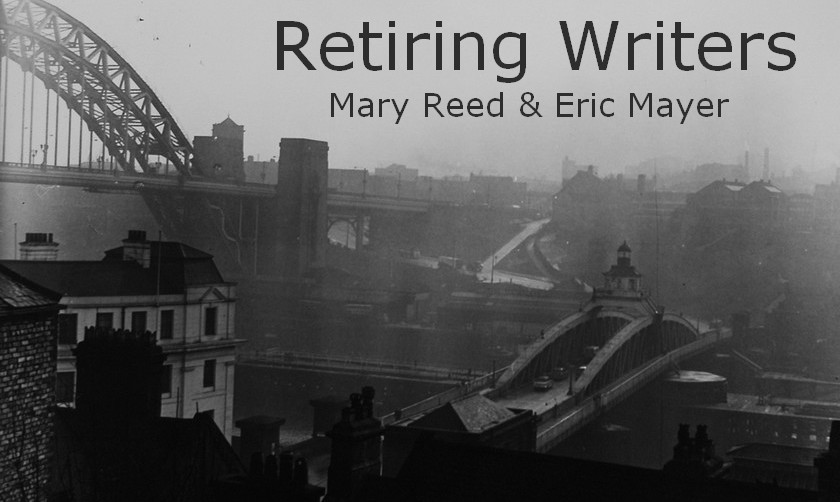Give me a novel opening with a fellow arriving for a social gathering at a country house, and I'm as happy as the proverbial clam.
The Hunt Ball Mystery begins in just this fashion, and right away we are in crisis mode. Hugh Gifford discovers he is without evening clothes due to a mistake the guard made in unloading luggage. It seems Gifford and his friend Harry Kelson are going to a "ripping dance" -- the Hunt Ball of the title -- to be held that evening at Wynford Place, now the home of Dick Morriston although once the property of Gifford's uncle.
The station master wires up the line to arrange for Gifford's traps to be transferred to a down train at the next stop, although Gifford won't get them until about ten. Still, the night will still be fairly young at that hour and he will have plenty of time to attend the festivities.
The two men depart in a fly with a stranger who has the gall to ask them for a lift given he will be a fellow guest at the Golden Lion Hotel. They are outraged at his request and amazed to hear the stranger is also going to the Hunt Ball. Gifford sniffily decides the man is not of their class, a conclusion based largely on the other's looks and manner. It transpires the man is Clement Henshaw, brother of Gervase, whom Gifford knows by repute as a fellow legal eagle.
In private conversation at the Golden Lion, Gifford and Kelson indulge in a positive orgy of character shredding. Henshaw is, they tell each other, the "[w]rong type of sportsman...spoilt by that objectionable, cock-sure manner" and similar comments.
At this point I was almost starting to hope this nasty pair of snobs would be found stark dead behind the stables at Wynford Place.
But it's Henshaw who's found dead, locked in a room in the tower at Wynford Place -- a room with the key on the inside. Admittedly there's a window big enough for an adult to use to escape but there's an 80 feet drop to the ground. The general consensus is Henshaw committed suicide by stabbing himself with a chisel.
Suicide by chisel seems an unlikely method, I hear you remark, and indeed this is the opinion of Gervase Henshaw, who now appears at the house door. His opinion it was not suicide is shared the doctor who gives evidence at the inquest.
At this point the mystery gallops off in full cry after the fox of whodunnit, how, and why.
My verdict: I have long been a fan of the Country House Mystery, set on estates owned by families residing in rambling houses with secret passages, panelled halls with huge fireplaces, morning rooms opening onto peacock infested terraces, libraries lined with leather bound tomes and ancestral portraits, wooded grounds featuring lakes and terraces and gamekeepers, and carriages rolling up and down wide drives sweeping between rows of ancient oaks to exit past lodges guarding ornate iron gates. Being born and raised in a grimy industrial city, these mysteries were an alien land to me and one I enjoyed and still enjoy exploring.
Thus I was disposed to like The Hunt Ball. Alas, this particular visit was not too successful. For example, the locked room solution is pedestrian and most readers will guess it. I found the characters unsympathetic and the police presented as inept, not least in overlooking a couple of clues -- including one of a particularly glaring nature. It may be this novel was intended as a spoof of the Country House Mystery, but all in all I found The Hunt Ball Mystery something of a disappointment.

No comments:
Post a Comment